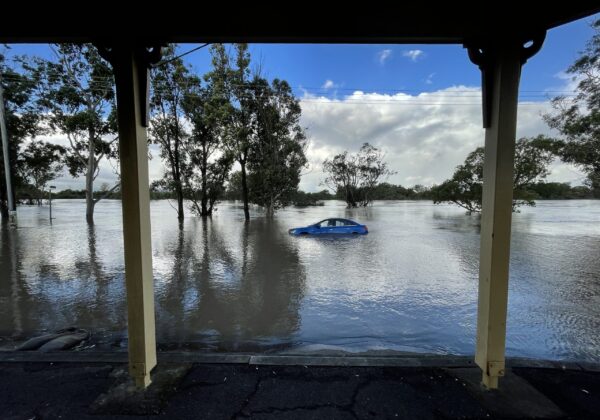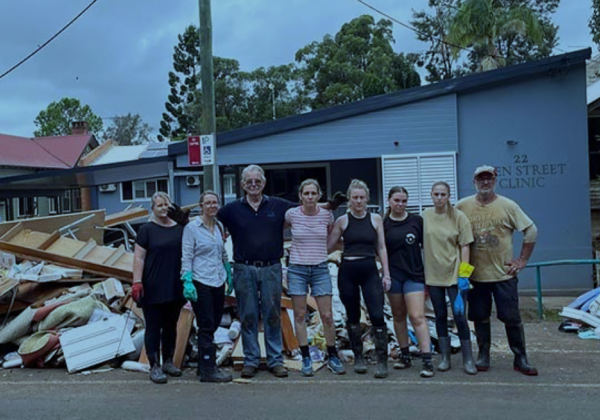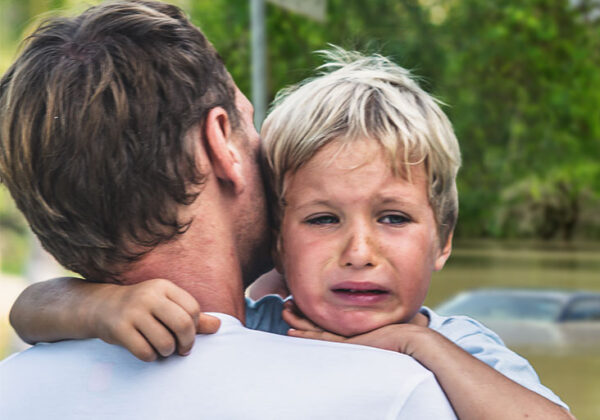Delivering emergency relief
Help when you need it most
When disaster strikes, it doesn’t discriminate based on location. Crucial health services in rural and remote communities, already stretched to their limits, are often impacted.
It’s the single-doctor town whose clinic and equipment didn’t make it. Townspeople cut off from lifesaving health services. Or areas simply over-run with illness or injury. Unprepared and ill-equipped.
And it’s also the mental scars. Being on the frontline while the community you care deeply for is plunged into despair. When there’s no one to “de-brief” with, and it’s all personal.
It’s health professionals working harder than ever to save lives.
Even when their own homes, own families and own lives are on the line. In times like these, remote and rural communities need their health professionals more than ever.
That’s why we’re here for them with emergency health funding.
We understand you are feeling overwhelmed so the application process is easy. We have resources to learn from others who have been where you are. They share strategies to cope during this difficult time.
Helping in crisis is at the core what we do and why
The 2011 floods rendered many health services in the bush inoperative. This devastating event was the catalyst for establishing Rural Doctors Foundation.
We are there in times of emergency so rural and remote communities and their doctors have the support they need.
Eligibility criteria for emergency relief grants
Emergency relief applications must meet the following criteria:
- Applicant must live and work in a community classified as MMM3-MMM7 or be providing service to those in MMM3-MMM7 areas.
- Applicant must be a registered GP or rural generalist working within a rural GP practice
- Applicant must be able to demonstrate impact of crisis on their livelihood and ability to provide medical care to their local community
- Applicant must be able to provide referee to support their application
Applications will NOT be accepted from:
- Those those not providing service or support to MMM3-MMM7 communities.
- Consultant medical and surgical services, Allied Health, or dentists




